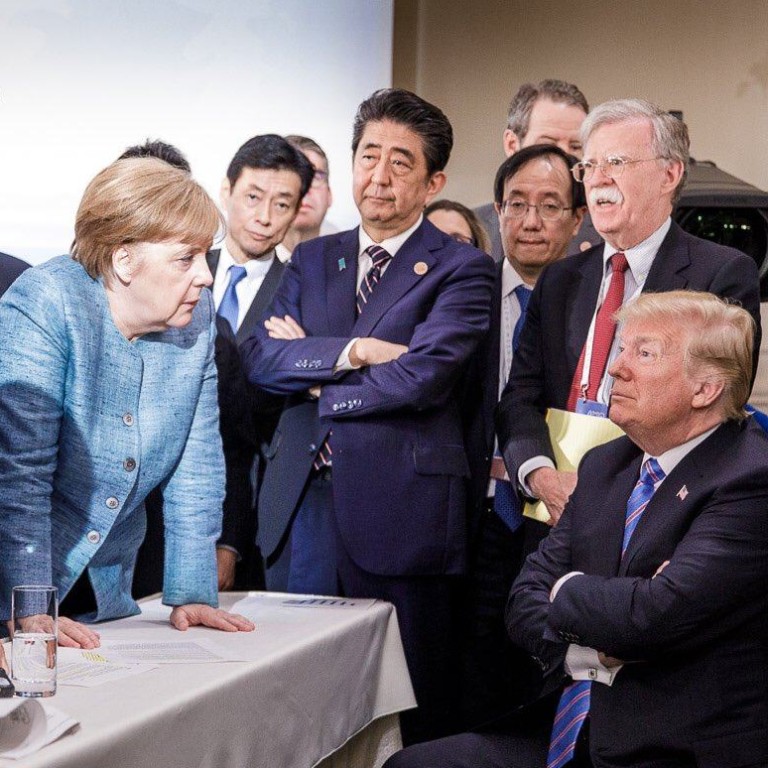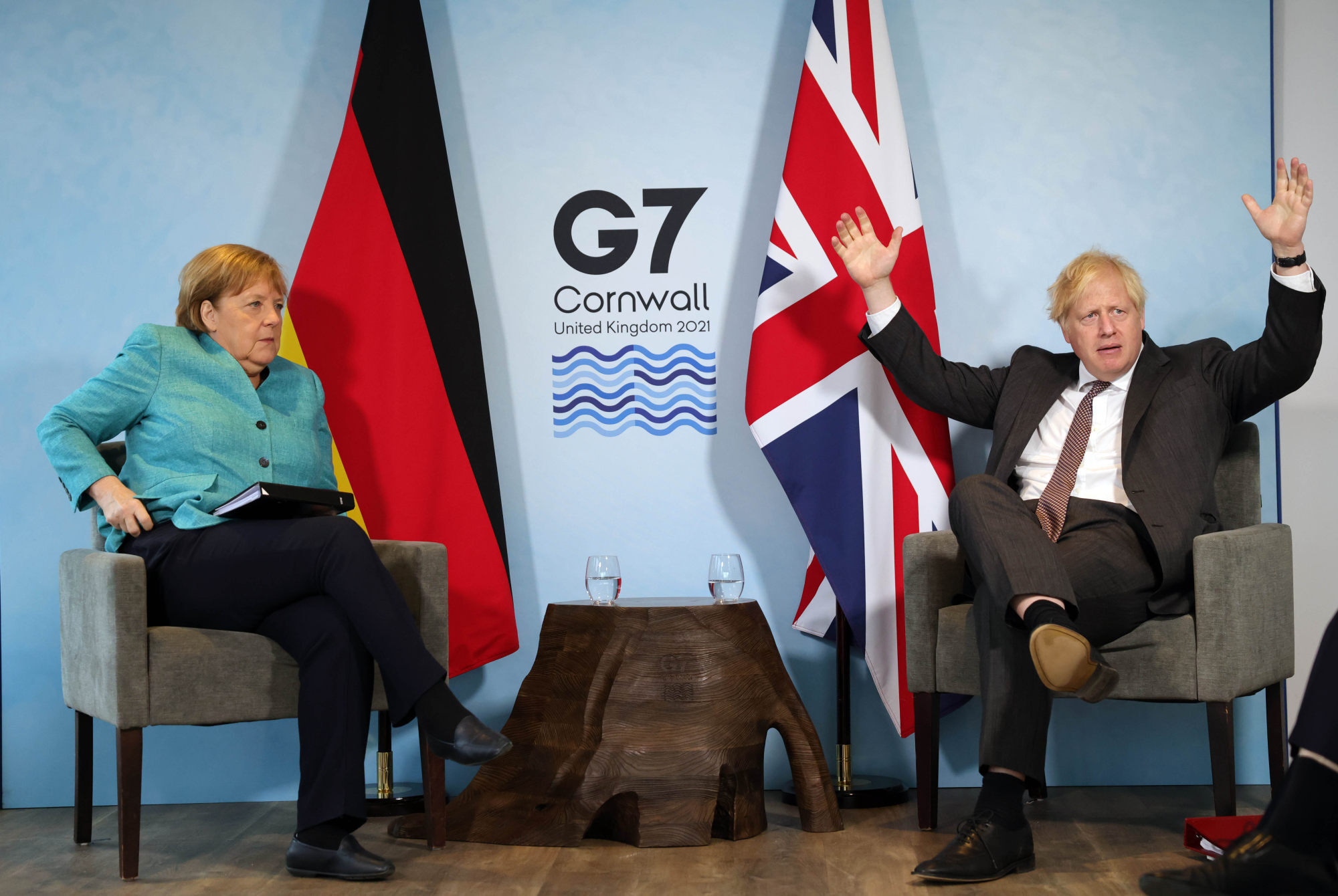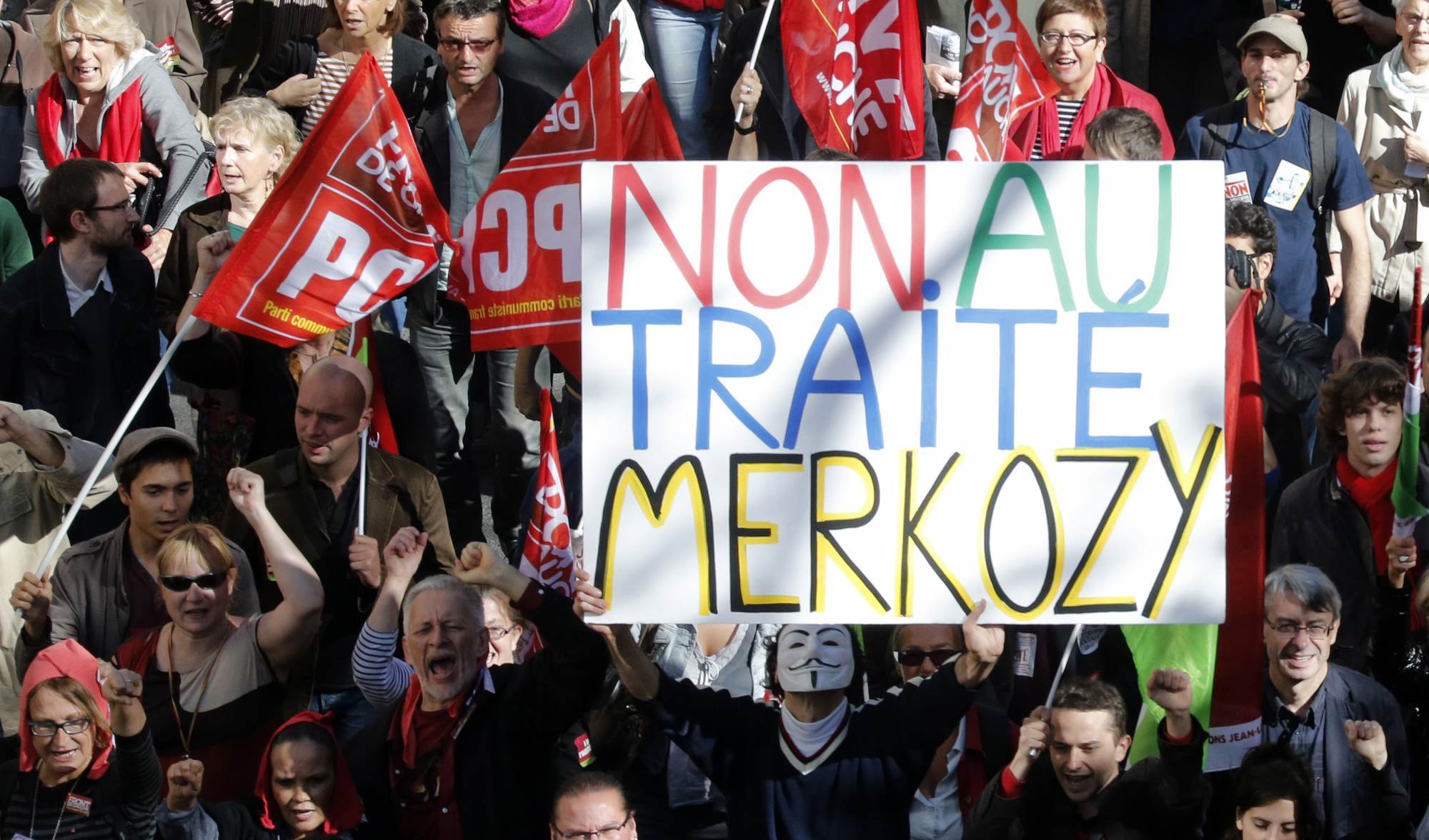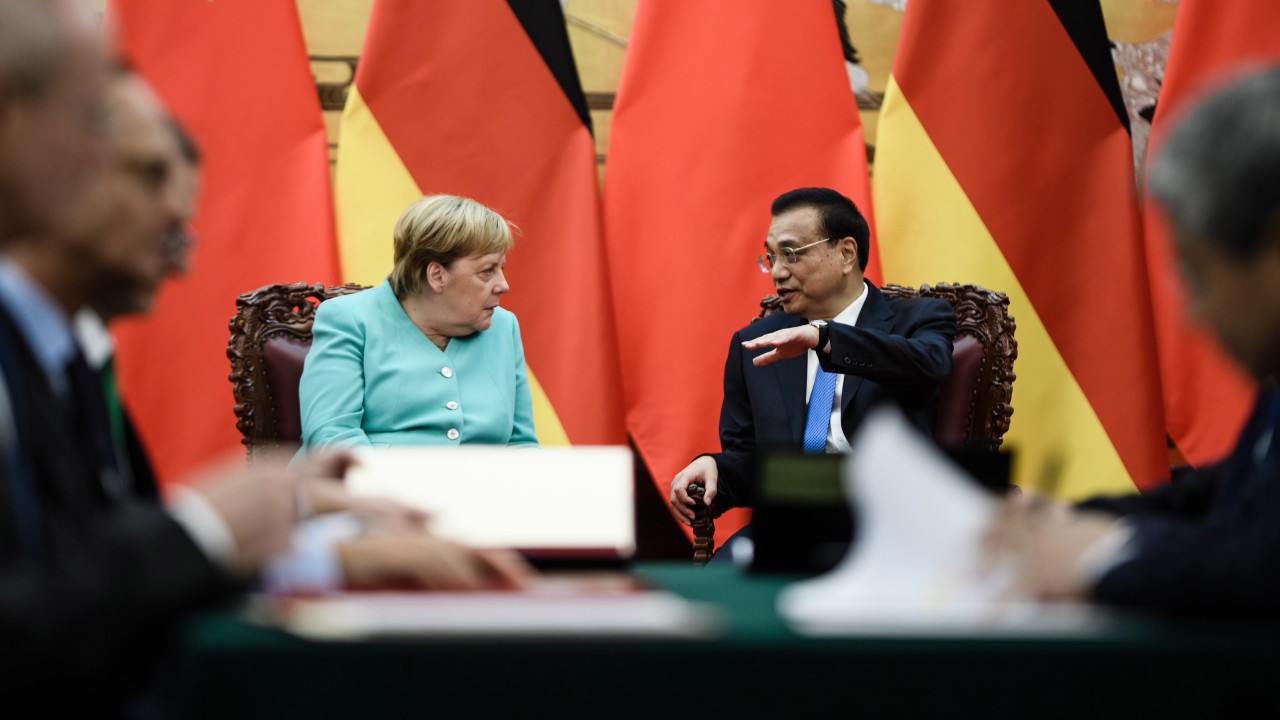
Angela Merkel: in praise of Germany’s no-nonsense leader
- Germany’s first woman chancellor is expected to step down this year after 16 years at the helm. She will be remembered for projecting humility, balance, stability and simple common sense at a time when the West seemed adrift
We criticise more than praise. Good news is no news. Fiery or flowery rhetoric cannot disguise the fact that most politicians have not delivered what they promised. Hence, we should praise those leaders who look dull but have performed spectacularly.
Kohl seized the historical opportunity to reunite Germany; Merkel would be remembered as the centrist, no-nonsense builder on that foundation. Lesser leaders would have fumbled or wasted the opportunity.
Merkel is also the most intellectually qualified of her peers, having obtained a doctorate in quantum chemistry, but she is neither proud nor flashy. When asked why she often wore the same suit, she retorted, “I am a government employee and not a model.”

Born in West Germany but raised in East Germany, she was the country’s first woman chancellor, the first chancellor born after World War II and the first from East Germany.
Her predecessor, Gerhard Schroder led the Social Democrat-Green Party coalition that refused to sign off on the 2003 invasion of Iraq.
That period experienced very tough economic restructuring in the face of high labour costs and severe manufacturing competition from Japan and the Asian global supply chain. By the end of the Schroder period, the country needed healing, which Merkel provided.
Her first major crisis was the 2008 global financial crisis, which hit Germany badly in terms of exports, but also through the huge damage to the European banking system because of excessive investments in US financial derivatives as well as non-performing loans.

While the rising number of migrants spooked many in Europe, Merkel famously said, “We can do this”. Unfortunately, that courageous statement did not sit well with some of Merkel’s supporters, and her party lost many seats in the next election.
It was Merkel’s foreign policy that impressed Asians more. The key tenets were a firm European and North Atlantic alliance, belief in multilateralism and trade, and a conviction that global solutions are resolved best through negotiation rather than military intervention. Over time, this reflected a more independent line from that of the United States.
In May 2017, after contentious G7 and Nato meetings, Merkel stated pointedly that Europe could no longer rely on the US and Britain and it was time “to take our fate in our own hands”.
Merkel’s philosophy is best summed up by her brilliant 2019 Harvard commencement speech. Her lessons were: “Take joint action in the interest of the moderate lateral global world. Keep asking yourselves, ‘Am I doing something because it is right, or simply because it’s possible?’
“Don’t forget that freedom is never something that can be taken for granted. Surprise yourself with what is possible. Remember that openness always involves risks. Letting go of the old is part of the new beginning.
“Above all, nothing can be taken for granted. Everything is possible.”
But Merkel had the moral conviction that peace is best achieved by working together, and the common sense “not to describe lies as truth and truth as lies”.
At a time when the West seemed adrift, the rest admires Germany and Europe precisely because Merkel projected the virtues of humility, balance, stability and simple common sense. Asia, especially, will need these qualities to survive the coming turmoil.
Andrew Sheng comments on global affairs from an Asian perspective. The views expressed here are his own


